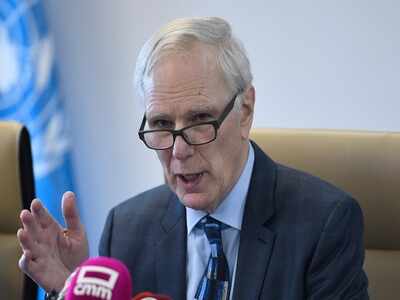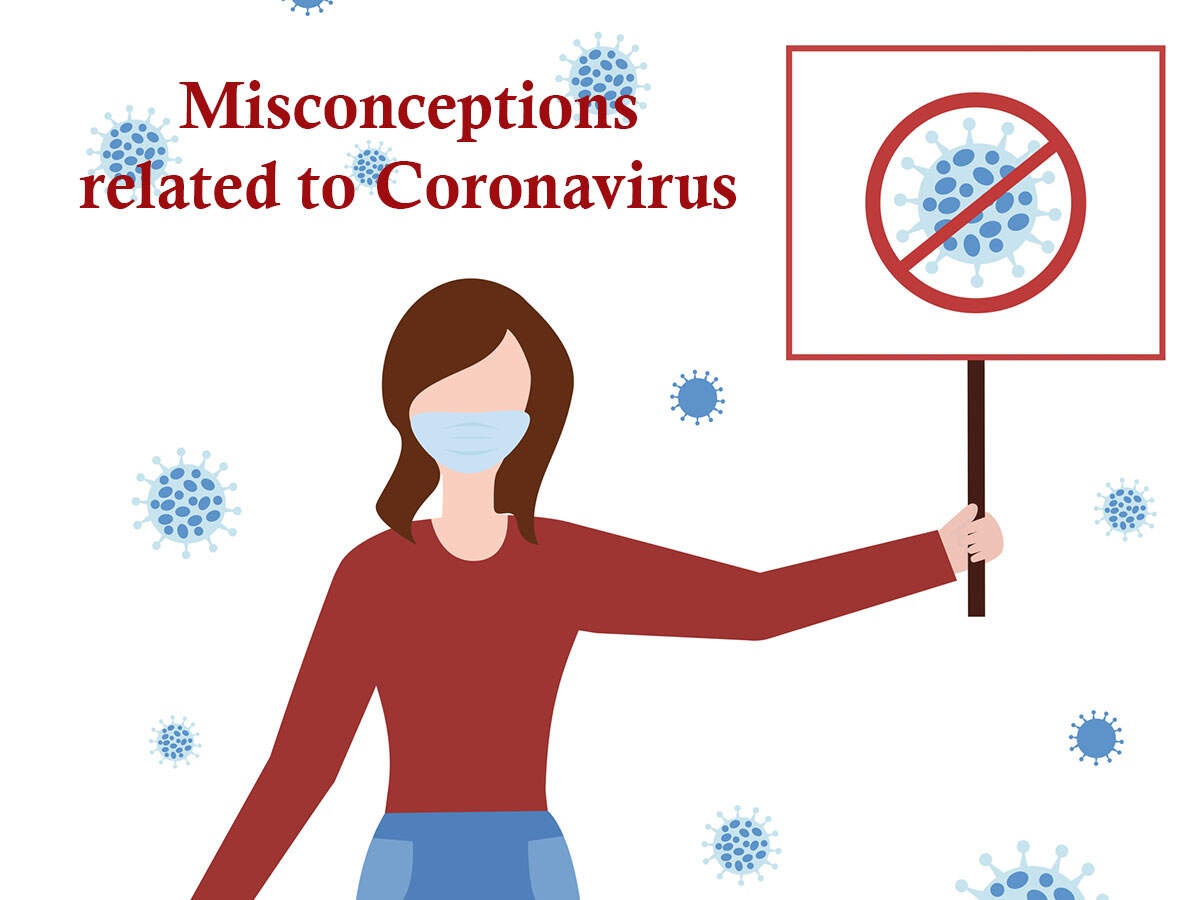
MADRID: A United Nations human rights expert on Friday lambasted Spain for its treatment of its poor, saying the country's post-crisis economic policies have benefited businesses and the wealthy, but have left many ordinary people way behind.
UN Special Rapporteur on extreme poverty and human rights Philip Alston said Friday that "the levels of poverty that exist in Spain reflect a political choice" made by governments over the past decade to benefit the wealthy with favorable tax policies while doing little to increase minimum wages or social protection services.
"In the economic area, Spain has done very well," Alston said in Madrid. "High GDP, high per-capita income, enormous overall wealth."
"In the social area, it´s a different story: Spain is either at the bottom or close to the bottom on so many of the key indicators."
Alston was presenting his preliminary findings after visiting six regions and meeting with people living in poverty, civil society groups, academics and government officials.
Spain emerged from a grueling five-year economic crisis in 2013. And while the percentage pf people at risk of poverty and social exclusion inched down from 29% in 2013 to 26% in 2017, it is still much higher than the European Union average of 22%. The economy has been steadily improving at a faster rate than the EU average for some years but unemployment in Spain is at 14%, roughly double the EU figure.
UN Special Rapporteur on extreme poverty and human rights Philip Alston said Friday that "the levels of poverty that exist in Spain reflect a political choice" made by governments over the past decade to benefit the wealthy with favorable tax policies while doing little to increase minimum wages or social protection services.
"In the economic area, Spain has done very well," Alston said in Madrid. "High GDP, high per-capita income, enormous overall wealth."
"In the social area, it´s a different story: Spain is either at the bottom or close to the bottom on so many of the key indicators."
Alston was presenting his preliminary findings after visiting six regions and meeting with people living in poverty, civil society groups, academics and government officials.
Spain emerged from a grueling five-year economic crisis in 2013. And while the percentage pf people at risk of poverty and social exclusion inched down from 29% in 2013 to 26% in 2017, it is still much higher than the European Union average of 22%. The economy has been steadily improving at a faster rate than the EU average for some years but unemployment in Spain is at 14%, roughly double the EU figure.
Download The Times of India News App for Latest World News.
more from times of india news
Get the app









